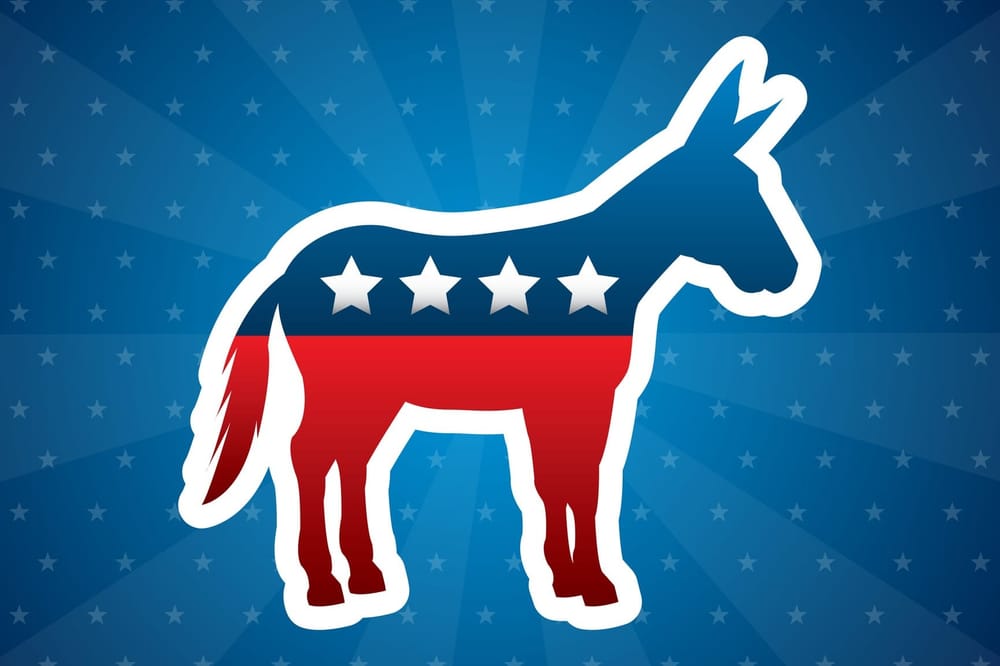I write this on Day Two of the Democratic National Convention (DNC) in Chicago. In full disclosure, I am a lifelong Democrat. I’ve voted for a rare Republican in local elections over the years, but there have been none in the last twenty. I didn’t watch live coverage on Monday night, though it was on in the background at the friend’s home I was at. On my ride home, my radio provided a summary of the event which was supposed to have included the history of the Democratic Party. My immediate thought was, “Oh no, they didn’t.”
The Democratic Party would no more broadcast its entire history on national television than America can officially acknowledge systemic racism. Democrats have had some great moments. Truman integrated the armed forces and federal government in 1948. Lyndon Johnson oversaw the passage of the Civil Rights Act of 1964, the Voting Rights Act of 1965, and the Fair Housing Act of 1968. Barack Obama became the nation’s first Black President in 2009, though several presidents have had it questioned whether they could pass the “one-drop rule.”
I don’t claim the Democratic Party is perfect, though it has significantly evolved in the last 80 years regarding race matters. There was a time when Republicans had the loyalty of Black voters, getting upwards of 97% of the Black vote. Democrats changed and gradually earned the overwhelming support of Black people, and Republicans changed gradually, chasing us away. Baseball legend Jackie Robinson was a delegate at the 1964 Republican National Convention and later described his disillusionment with the Republican Party.
Undoubtedly, the Democratic Party weaved a compelling story about their glorious past. Much like American history books have glaring omissions like calling forced breeding and rape to grow the slave labor pool a “natural increase.” We pretend the US Constitution isn’t a compromise to allow enslavement because the word “slave” is never mentioned. We pretend Jefferson didn’t rape Sally Hemings. You never hear about Lincoln experimenting with exporting free Black families to Cow Island as a prelude to sending away the Black population instead of making them citizens after the war.
America has a past it rarely, if ever, publicly discloses, and so too has the Democratic Party. The party was formed in 1828 and generally supported slavery, at best wanting the issue left to the states. The early Democratic Party stood for individual rights and state sovereignty and opposed banks and high tariffs. Democrats didn’t create the Ku Klux Klan, but it was within the Democratic Party that the Klan found a home. Nathan Bedford Forrest, the first Grand Wizard of the KKK, was a Democrat. There came a time when the Klan was indistinguishable from the Southern Democrats. The Democratic Party of the 1850s through the 1940s was the most racist and violent major political party in American history—something I’m sure they didn’t mention.
You might wonder how I can be a Democrat, knowing what I do of their history. Am I stuck on the Democratic plantation? We currently have a binary system where only candidates from one of the two major parties can get elected to national office. I would love an option other than the Democrat or Republican typically offered us by their respective parties. I’ve yet to see a third-party candidate with a chance to win a national election. I generally vote for Democrats despite their horrid past because they easily clear the low bar presented by current Republicans.
The Democratic Party has its flaws, and so does America. I can recognize them, yet I am still a member of the Democratic Party and proud to be an American. I'm open to switching if a better Party or candidate comes along. As far as America, I can only work to make it better. Sometimes, that takes the form of telling the history they left out.
This post originally appeared on Medium and is edited and republished with author's permission. Read more of William Spivey's work on Medium. And if you dig his words, buy the man a coffee.
